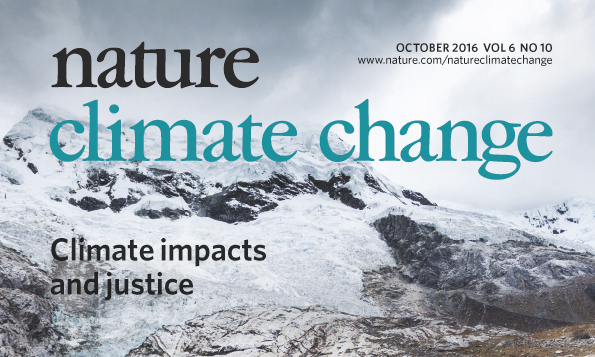Navigation auf uzh.ch
Navigation auf uzh.ch
Anthropogenic climate change implies large negative effects on societies, already now and much more so in the future. Who is responsible and how can these responsibilities be considered in the international climate policy?

This study combines justice based approaches with recent progress in climate impact and attribution research to sketch ways how to deal with responsibilities for negative climate change impacts in the context of climate policy.
Link to full publication (englisch)
Huggel Christian, Walliman-Helmer Ivo, Stone Dáithí, Cramer Wolfgang